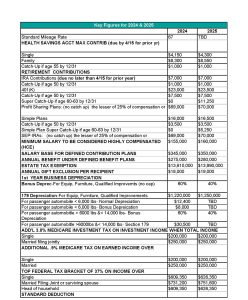US in not the only country interested in obtaining information from overseas banks regarding their residents’ bank and brokerage accounts as well as other income generating assets.
After US implemented FATCA (Foreign Account Tax Compliance Act) and entered into FATCA agreements with several different countries and the majority of banks worldwide, other countries are now rapidly implementing their versions of FATCA -CRS/GATCA laws. CRS stands for the Common Reporting Standard. It is also commonly referred to as GATCA (Global Account Tax Compliance Act), which are designed to further crack down on tax evasion and non-compliance.
The Chinese Government has indicated before that it had every intention of complying with the global CRS initiative and in October of 2016 The State Administration of Taxation (SAT) of China released a Discussion Draft on the Administrative Measures on the Due Diligence Procedures for Non-residents’ Financial Account Information in Tax Matters (the Discussion Draft) to solicit public opinion.
The framework of The Discussion Draft follows the general CRS framework and requires that Financial Institutions (Fis) conduct due diligence and identify the tax residency status of financial account holders. Where the account holder is determined to be a non-resident individual, or an enterprise, the FI should collect and record the reportable information. This information will be shared with tax authorities of the jurisdictions where these individuals or enterprises are considered to be tax residents.
Per the Discussion Draft, the Chinese FIs are required to start conducting due diligence procedures for new accounts on January 1st, 2017, complete due diligence procedures for pre-existing high value individual accounts by December 31, 2017 and complete due diligence procedures for pre-existing low value individual accounts and all of preexisting entity accounts by December 31, 2018.
What does it mean for you? If you a US tax resident and you have either bank or other financial accounts in China and the combined balance of these accounts was over USD10,000 at any time during the year, you are required to report these bank accounts to the US Department of Treasury by filing Form 114 and, if the combined value of your foreign financial assets is over certain threshold amounts, the information has to be also reported to the IRS by attaching Form 8938 to your individual income tax return.
Penalties for non-compliance are extremely high and chances of your accounts sliding under the radar are getting increasingly lower. While most of the banks in China were subject to FATCA reporting before the Chinese government issued the Discussion Draft, they were complying with the laws of the foreign country. With the issuance of the Discussion Draft they will be forced to comply with their own country laws and, therefore, will have to be more thorough and diligent.
Once the information is reported to the US taxing authorities and they determine that these bank accounts were not properly disclosed by the taxpayers, there will be very few options available to fight the penalty assessments or potential criminal charges.
If you have foreign financial accounts in the China, it is the time now to report those accounts. The deadline for individuals for filing FinCEN Form 114 for 2016 is April 18, 2017. The filing can be extended until October 16, 2017 if the application for extension is timely filed.
Written by: Summer Zhu, CPA





